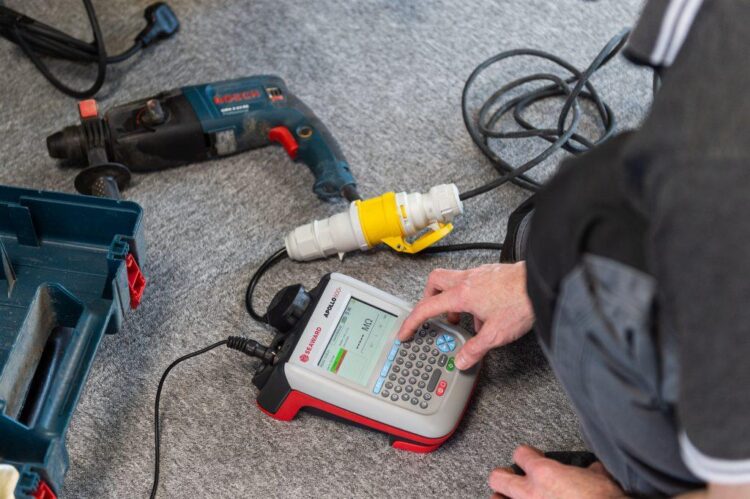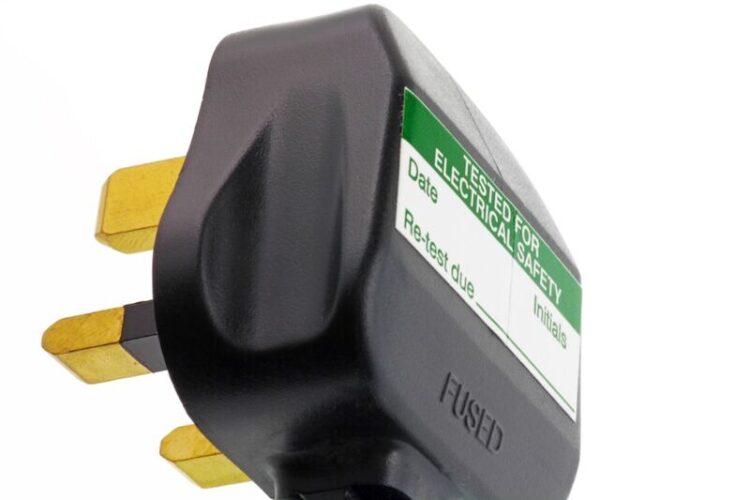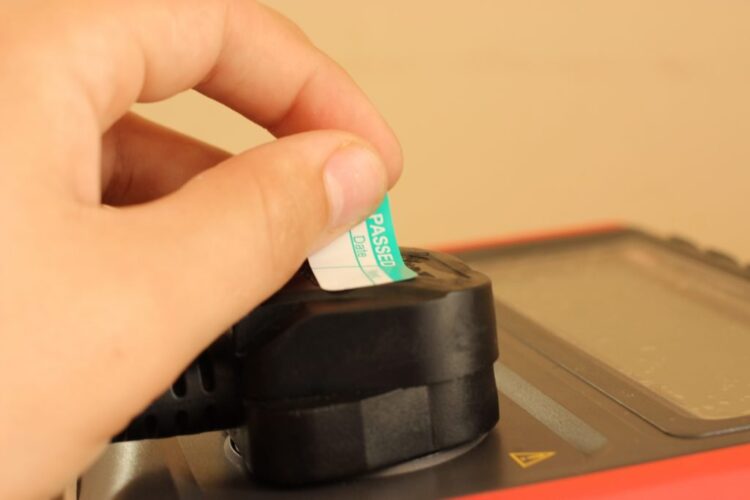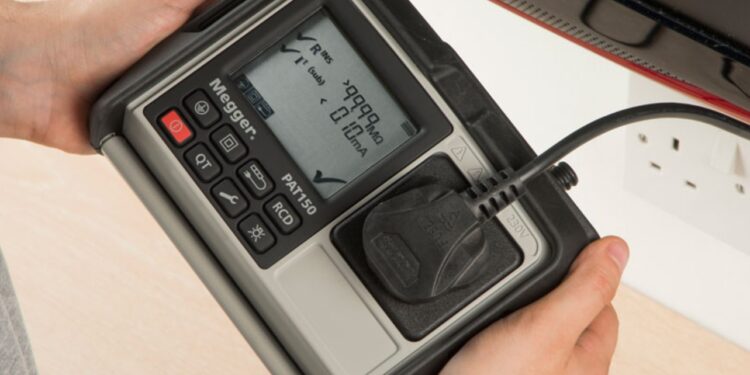As a landlord, ensuring the safety of your tenants is of utmost importance. One way to ensure this is through PAT (Portable Appliance Testing) testing. It involves testing electrical appliances to ensure that they are safe to use. If you are a landlord, there are some things you need to know about PAT testing. In this article, we will discuss the requirements and benefits of it, as well as some misinformation about testing and what you should know about it.

As a landlord, there are several things that you should know about PAT testing. Here are some key points to keep in mind:
- Your legal obligation – While PAT testing is not a legal requirement, landlords have a legal obligation to ensure the safety of their tenants, including ensuring that all electrical equipment is safe and properly maintained.
- Frequency of testing – The frequency it depends on the type of appliance, how often it is used, and the environment in which it is used. Some appliances may need to be checked more frequently than others.
- Record keeping – It is important to keep a record of all the appliances in your property, including their make, model, and serial number, as well as the date of their last test. This will help you keep track of when appliances need to be tested and when they need to be replaced.
- Cost savings – It can help you identify appliances that are not safe to use and need to be repaired or replaced. This can help you save money in the long run by preventing expensive repairs or replacements down the line.
- The reputation of PAT testing companies – It is important to work with a reputable company to carry out your PAT testing. Look for a company with experience, a good reputation, and excellent customer service, such as Brighton PAT testing companies.
- Benefits of PAT testing – This can help you comply with regulations, reduce the risk of accidents, and save money on repairs and replacements.
- Misconceptions about PAT testing – There are several misconceptions about PAT testing, including the idea that all appliances need to be tested every year. It is important to educate yourself about the true requirements and benefits of it.

Requirements of PAT Testing for Landlords
As a landlord, you are required by law to ensure the safety of your tenants, and this includes the electrical safety of your property. According to the Health and Safety Executive (HSE), landlords have a legal obligation to ensure that all electrical equipment they provide is safe and properly maintained. This is where PAT testing comes in.
This is not a legal requirement, but it is considered best practice for landlords to have it done. It ensures that all the electrical appliances in your property are safe to use and reduces the risk of accidents caused by faulty electrical equipment.
Benefits of PAT Testing for Landlords
There are many benefits of PAT testing for landlords. Here are some of the key advantages:
- Complying with regulations – As a landlord, you have a legal obligation to ensure the safety of your tenants. By carrying out regular PAT testing, you can comply with regulations and demonstrate that you are taking your responsibilities seriously.
- Reducing the risk of accidents – Faulty electrical appliances can pose a serious risk to your tenants. By identifying and repairing or replacing faulty appliances, you can reduce the risk of accidents and ensure that your tenants are safe.
- Saving money on repairs and replacements – Identifying faulty appliances early can help you save money on repairs and replacements. By repairing or replacing faulty appliances before they cause further damage, you can avoid costly repairs or replacements in the future.
- Maintaining your reputation – As a landlord, your reputation is important. By ensuring that your appliances are safe and properly maintained, you can maintain your reputation as a responsible landlord who cares about the safety and well-being of their tenants.
- Providing peace of mind – Regular PAT testing can provide peace of mind for both you and your tenants. You can rest easy knowing that your appliances are safe and that you are doing everything you can to protect your tenants from electrical hazards. Meanwhile, your tenants can feel secure in the knowledge that their landlord is taking their safety seriously.
Overall, PAT testing is an important part of maintaining a safe and secure rental property. By working with a reputable company and carrying out regular testing, you can ensure that your appliances are safe and comply with regulations, while also providing peace of mind for yourself and your tenants.

Misinformation about PAT Testing
There is some misinformation about PAT testing that landlords need to be aware of. One common misconception is that all electrical equipment needs to be PAT tested every year. This is not true. The frequency of PAT testing depends on the type of appliance, how often it is used, and the environment in which it is used.
Another misconception is that PAT testing is a complex and time-consuming process. While it does require some time and effort, it is not as complex as some people think. There are many companies that offer PAT testing services and they can help make the process easier for you.
Conclusion
PAT testing is an important aspect of ensuring the safety of your tenants as a landlord. While it is not a legal requirement, it is considered best practice and can help you comply with your legal obligation to ensure the safety of your tenants. By understanding the requirements and benefits of PAT testing, as well as the misinformation surrounding it, landlords can take steps to ensure that their electrical appliances are safe and properly maintained. By working with a reputable company, landlords can rest easy knowing that their appliances are safe and that they are doing everything they can to protect their tenants from electrical hazards.




